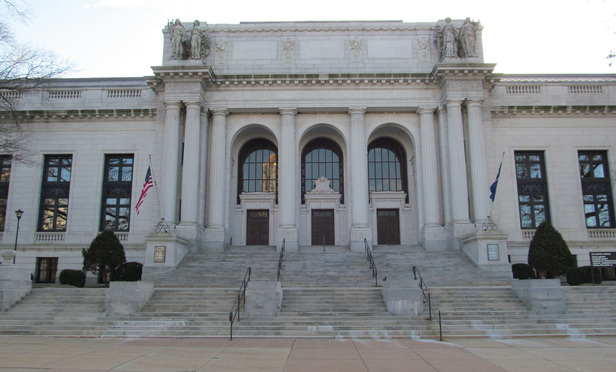Some issues, such as abortion, euthanasia and capital punishment, evoke hard line and devout positions. People are divided in their views on these topics and their beliefs are often firmly entrenched. It is with this mind that we applaud the Supreme Court’s decision-making in its recent death-penalty decisions.
In August 2015, in State v. Santiago, the Connecticut Supreme Court declared that the death penalty violates the Connecticut state constitution. The decision was 4-3, with Justices Richard Palmer, Flemming Norcott, Dennis Eveleigh and Andrew McDonald in the majority, and Chief Justice Chase Rogers and Justices Peter Zarella and Carmen Espinosa in the dissent. In October 2015, the court denied a motion for reconsideration and the declaration of unconstitutionality stood.
This content has been archived. It is available through our partners, LexisNexis® and Bloomberg Law.
To view this content, please continue to their sites.
Not a Lexis Subscriber?
Subscribe Now
Not a Bloomberg Law Subscriber?
Subscribe Now
LexisNexis® and Bloomberg Law are third party online distributors of the broad collection of current and archived versions of ALM's legal news publications. LexisNexis® and Bloomberg Law customers are able to access and use ALM's content, including content from the National Law Journal, The American Lawyer, Legaltech News, The New York Law Journal, and Corporate Counsel, as well as other sources of legal information.
For questions call 1-877-256-2472 or contact us at [email protected]



